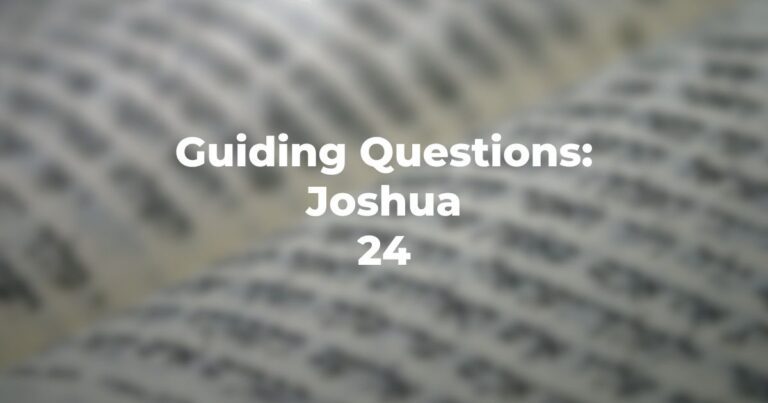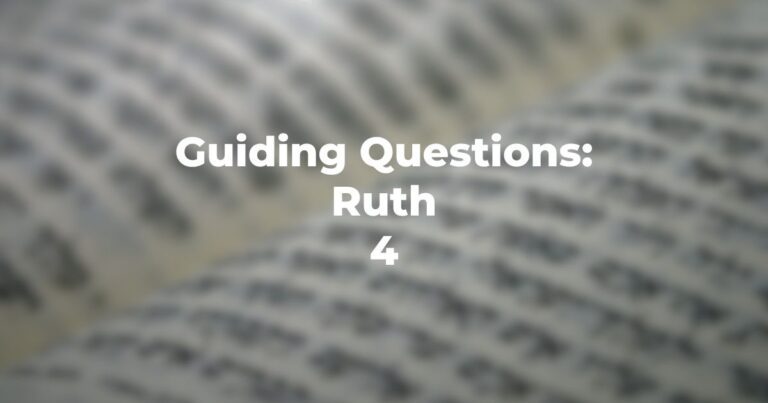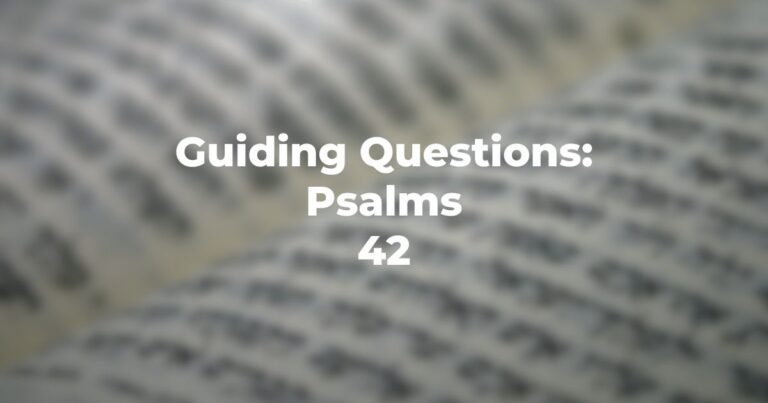- Where would the Psalmist appear to be at the time when this was composed?
- Why would the lyres have been put aside (Psalms 137:2)?
- What profound sorrow at exile is reflected in Psalms 137:4?
- What is the pledge of the Psalmist in Psalms 137:5-6?
- Although in our liturgy the Psalm as a tefillah ends with Psalms 137:6, it continues and calls for what treatment to those who have destroyed Israel?
- Would the request of the Psalmist seem to be excessive and cruel or just in the light of history?
Author
-

Exploring Judaism is the digital home for Conservative/Masorti Judaism, embracing the beauty and complexity of Judaism, and our personal search for meaning, learning, and connecting. Our goal is to create content based on three core framing: Meaning-Making (Why?), Practical Living (How?), and Explainers (What?).
View all posts




